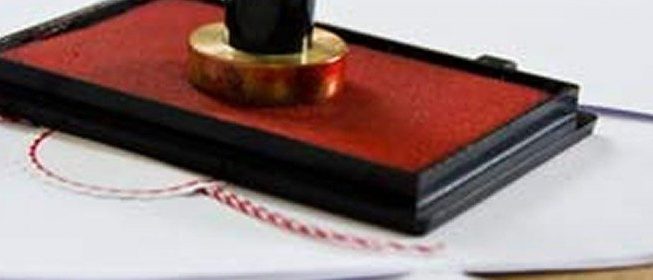212-939-6426
646-626-2521


The aim of embassy legalization and apostilles is for governments to be able to verify that documents of a foreign country are legal and authentic.
The concept is aptly put on Wikipedia.org: “How can civil and judicial officials reliably verify the authenticity of a document that was issued abroad? Legalization attempts to solve this dilemma by creating a chain of authentications, each by a progressively higher government authority so as to ultimately narrow the point of contact between countries to a single designated official.”
The “single designated official” mentioned here is usually a civil servant working in the foreign affairs department of his or her country.
So, embassy legalization is the process of going to an embassy of the country you are moving to or already living in (not all countries require this, however) and getting a signature and documents authenticated – but not just the document and signature themselves. Due diligence in this type of apostille requires an entire ‘chain’ of verifications back to the entity or official who issued the document.
Each link in the chain is verified, but it’s a bureaucratic process, not a legal investigation, so the links are confirmed without being scrutinized individually.
In many cases, the length of the chain be shortened by taking the document one wants recognized in another country to a licensed notary public. The document can then be brought to a foreign affairs department and it will be formally recognized by that government, who can then affix an country official stamp to the document, and this last step of verification will be recognized by the government which requires such verification.
If all of this sounds like a pain, you can always vie for the second option – take your documents to a licensed apostille and embassy legalization professional.